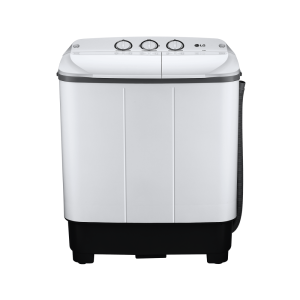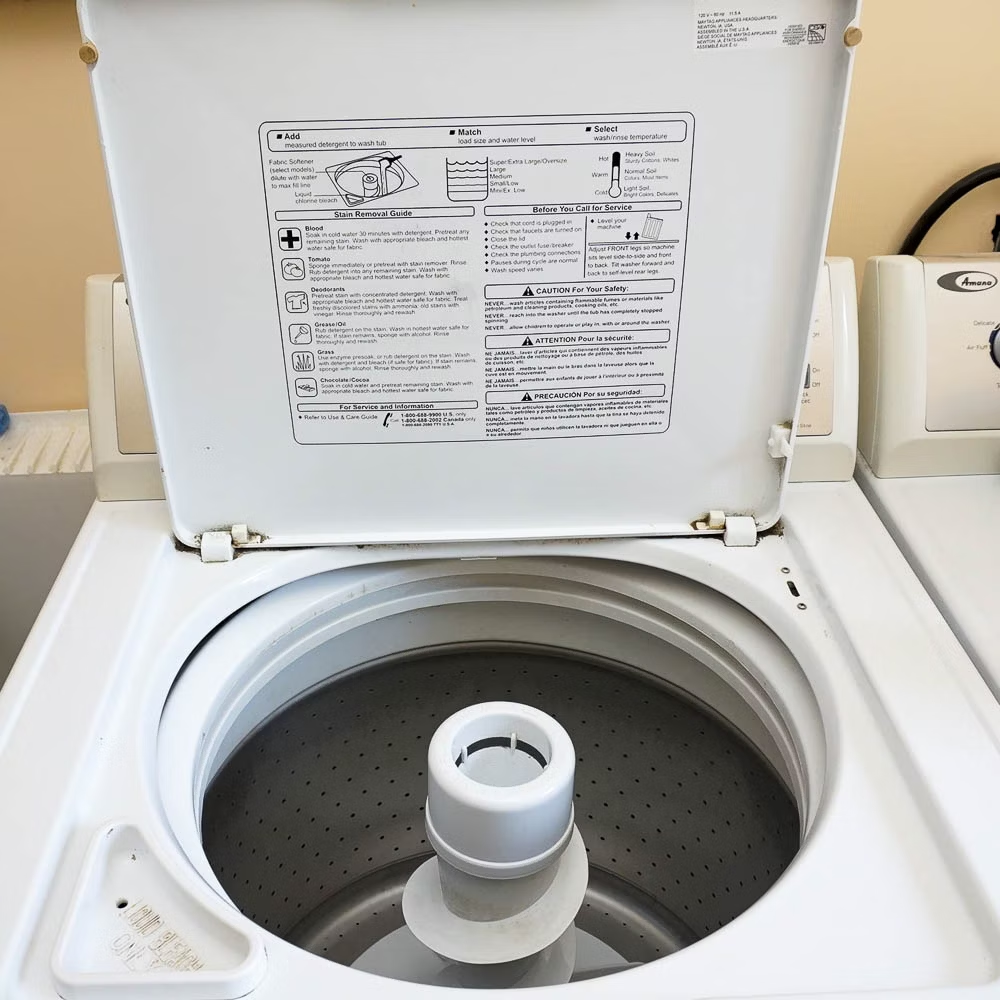How to Get Rid of Smell in Washing Machine: Effective Tips
Has your washing machine started to emit an unpleasant odor? You’re not alone. This common household issue arises for several reasons, including trapped moisture, detergent buildup, and mold growth. In this detailed guide, we’ll explore the causes of washing machine odors and provide you with effective strategies on how to get rid of smell in washing machine.
Common Sources of Washing Machine Odors
Dealing with a smelly washing machine can be frustrating. Various factors contribute to unpleasant smells. Understanding these sources is the first step to resolving the issue.
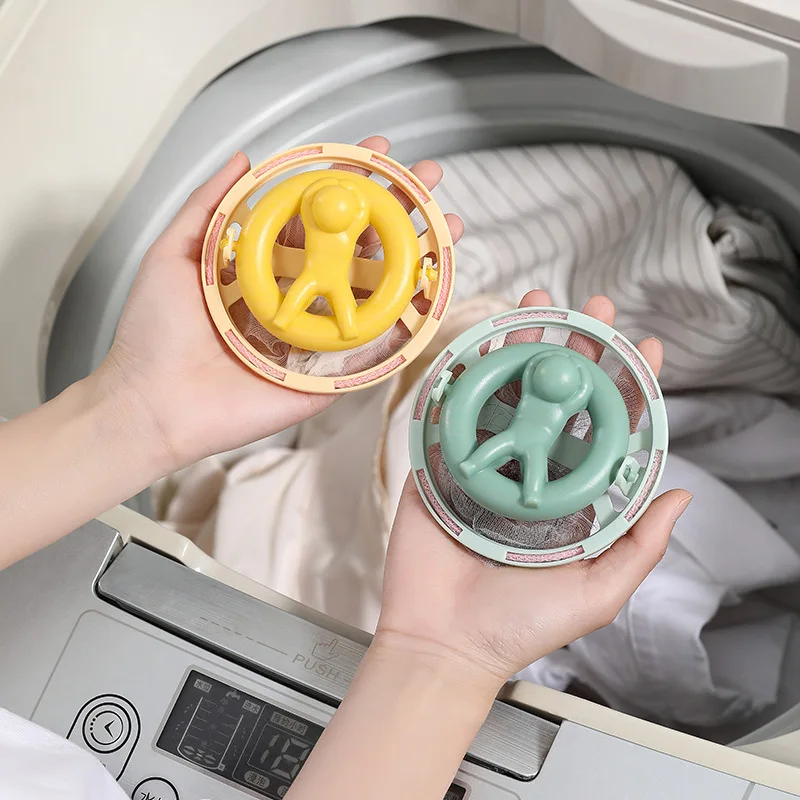
Bacteria, Mold, and Mildew Buildup
Bacteria, mold, and mildew love damp places. These culprits grow in washing machines, especially when left closed. The result is a musty, sour smell.
Detergent and Fabric Softener Residue
Not all suds wash away. Detergents and fabric softeners can cling to the drum. Over time, they create residue that causes odor.
Drainage Problems and Plumbing Issues
Bad smells might mean water isn’t draining well. Check for clogs or plumbing problems if you notice persistent odors.
Overuse or Misuse of Laundry Products
Too much detergent or softener leads to buildup. This can trap scents in your machine. Use the right amount to keep your washer clean and smelling fresh.
Step-by-Step Guide to Cleaning Your Washing Machine
A clean washer means fresh clothes. Follow these steps to eliminate odors effectively.
Cleaning and Maintaining the Rubber Gasket
First, wipe the rubber gasket with equal parts water and vinegar. Check for trapped objects and remove any residue. Dry well to prevent future mold growth.
Clearing Out Detergent Dispensers
Next, remove and wash all detergent dispensers in warm, soapy water. Scrub away buildup that causes smells. Let them air dry before replacing.
Conducting a Deep Clean with Vinegar and Baking Soda
Then, pour half a cup of baking soda directly into the drum. Add two cups of white vinegar to the dispenser. Run a hot wash cycle without laundry. This combo fizzles out odors and cleans the washer.
Running an Empty Hot Wash Cycle
Lastly, run an additional hot wash cycle with no added substances. This clears out any remaining cleaning product. Leave the door open afterward to air out the machine.
Follow these steps regularly to keep your washing machine smelling fresh and running efficiently.
Preventative Measures to Keep Your Washing Machine Fresh
To maintain a fresh-smelling washer, preventative measures are key. Following these simple yet effective strategies can help keep odors at bay.
Importance of Regular Maintenance
Regular washer maintenance avoids odor buildup. Monthly cleaning cycles and prompt gasket drying after use are critical steps.
Tips for Choosing the Right Detergent Quantity
Too much detergent leads to residue. Follow specific guidelines on detergent packages for optimal washer performance.
The Role of Hot Water Cycles in Prevention
Occasional hot water washes kill lingering bacteria. Try to run at least one hot water cycle per week.
Proper Ventilation in Your Laundry Space
Good air circulation prevents moisture retention. Keep doors or windows open and consider a fan or dehumidifier for high-humidity areas.
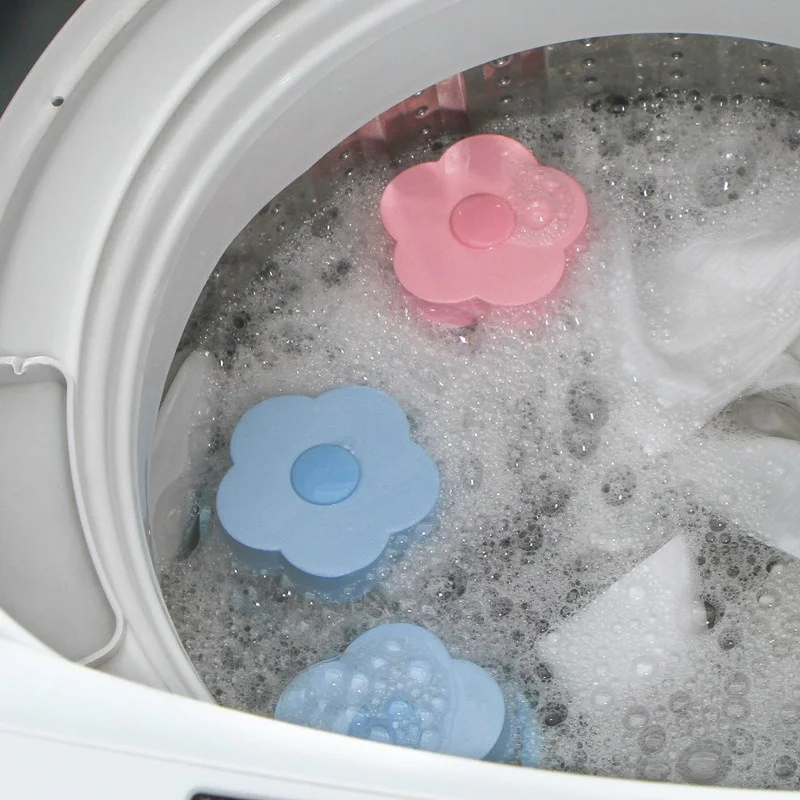 Specific Solutions for Persistent Odors
Specific Solutions for Persistent Odors
Identifying and solving persistent washing machine odors enhances your laundry experience. Let’s dive into targeted solutions for the most stubborn smells.
Addressing Rotten Egg and Sewage Smells
Rotten egg or sewage odors in washing machines usually point to trapped gunk or a plumbing issue. Begin by checking for clogs and ensure proper drainage. For immediate relief, mix 1/4 cup of baking soda with 2 cups of white vinegar. Pour this into your empty washer and run a hot cycle. If the smell remains, it’s time to consult a plumber to rule out sewer line troubles.
Techniques for Tackling Mold and Mildew Odors
Mold and mildew create a musty, damp odor. These thrive in moist environments, such as a washer’s seals and gaskets. To combat this, wipe down the seals with a vinegar solution. Then, run a hot wash with two cups of vinegar and a half-cup of baking soda. Ensure your machine is dry after each use by leaving the door open.
When to Use Commercial Washing Machine Cleaners
For odors that linger despite home remedies, turn to a commercial cleaner. These cleaners are formulated to tackle tough residues and smells. Follow the package instructions carefully. Use these periodically to keep your washer in top shape and odor-free.
When to Call the Professionals
Sometimes, despite our best efforts, washing machine odors persist. In such cases, it’s wise to recognize when the issue is beyond what home remedies can tackle and to call in the professionals.
Recognizing Issues Beyond Home Remedies
If you have tried all the DIY solutions—like vinegar and baking soda cycles, cleaning gaskets and dispensers, and you still notice a strong smell—it’s likely a sign that professional intervention is needed. Persistent odors, especially those that smell like sewage or burning, may indicate a problem with your washing machine that requires expert attention.
Identifying Serious Plumbing Concerns
Foul odors resembling sewage or rotten eggs could signal serious plumbing issues. These smells often arise from trapped gasses in the drainage system or issues with the home’s vent pipes. Since such matters can be complex and potentially hazardous, a licensed plumber should assess and resolve them securely and efficiently.
Ensuring Proper Ventilation and Operation
Your laundry space needs good ventilation to prevent moisture buildup that could contribute to washing machine smells. If you have persistent humidity issues or the layout of your laundry room hinders proper airflow, consulting with a professional may help identify ways to improve ventilation. Additionally, ensuring that your washer is operating correctly in all aspects is critical for both performance and longevity. An appliance repair professional can conduct a thorough inspection and maintenance, helping you to avoid future odor problems.
Last-Resort Solutions
When typical cleaning methods fail to remove stubborn washing machine odors, it’s time for last-resort solutions. Here’s what to do when you’ve exhausted all other options.
Intensive Cleaning with Bleach
If natural remedies aren’t working, bleach can be a powerful ally against tough odors. But it must be used with caution. Here’s how:
- Remove any garments from your washer.
- Mix ? cup of bleach with a gallon of water.
- Pour this solution into the drum and run a hot wash cycle.
- After the cycle, open the door to air the machine out.
Never mix bleach with other cleaning agents and ensure your space is well-ventilated when using this method.
Seeking Assistance from Appliance Repair Services
Sometimes, odors stem from issues that need professional expertise. Here are signs that it’s time to call in the pros:
- The smell persists after thorough cleaning.
- You hear strange noises or see leaks during operations.
- You suspect a mechanical or plumbing problem.
A certified repair technician can diagnose and resolve underlying issues, ensuring your machine functions properly and odor-free.
By employing these last-resort strategies, you can finally say goodbye to those lingering smells and enjoy fresh, clean laundry once more.
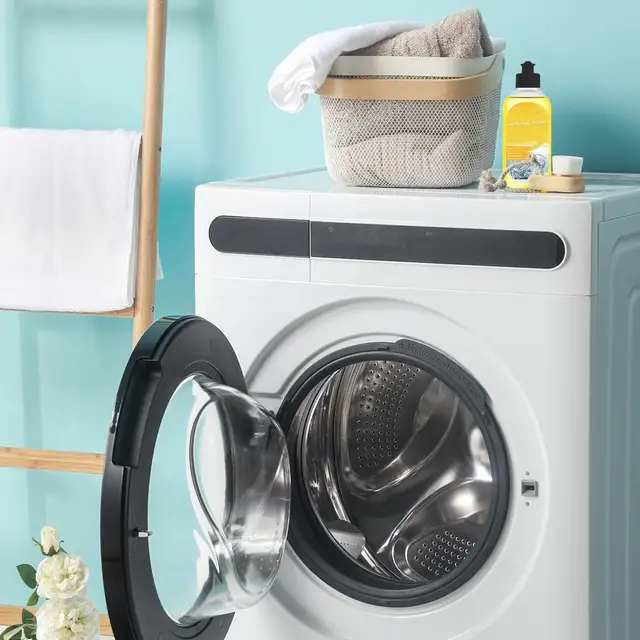 Conclusion: Consistency is Key
Conclusion: Consistency is Key
Ultimately, maintaining a fresh-smelling washing machine requires regular attention. By understanding the underlying causes of odors and implementing proper cleaning and washing practices, you can effectively combat unpleasant smells.
Make routine cleaning a part of your laundry schedule, and don’t overlook the less glamorous aspects, such as wiping down seals and keeping the detergent drawer clean. Likewise, adopt good washing habits, such as avoiding overloaded machines and frequently using appropriate temperatures.
In summary, tackling how to get rid of smell in washing machine involves a combination of proactive maintenance and attentive washing practices. With diligence, you can enjoy a fresh, clean washing machine and, as a result, fresh-smelling laundry every time.
